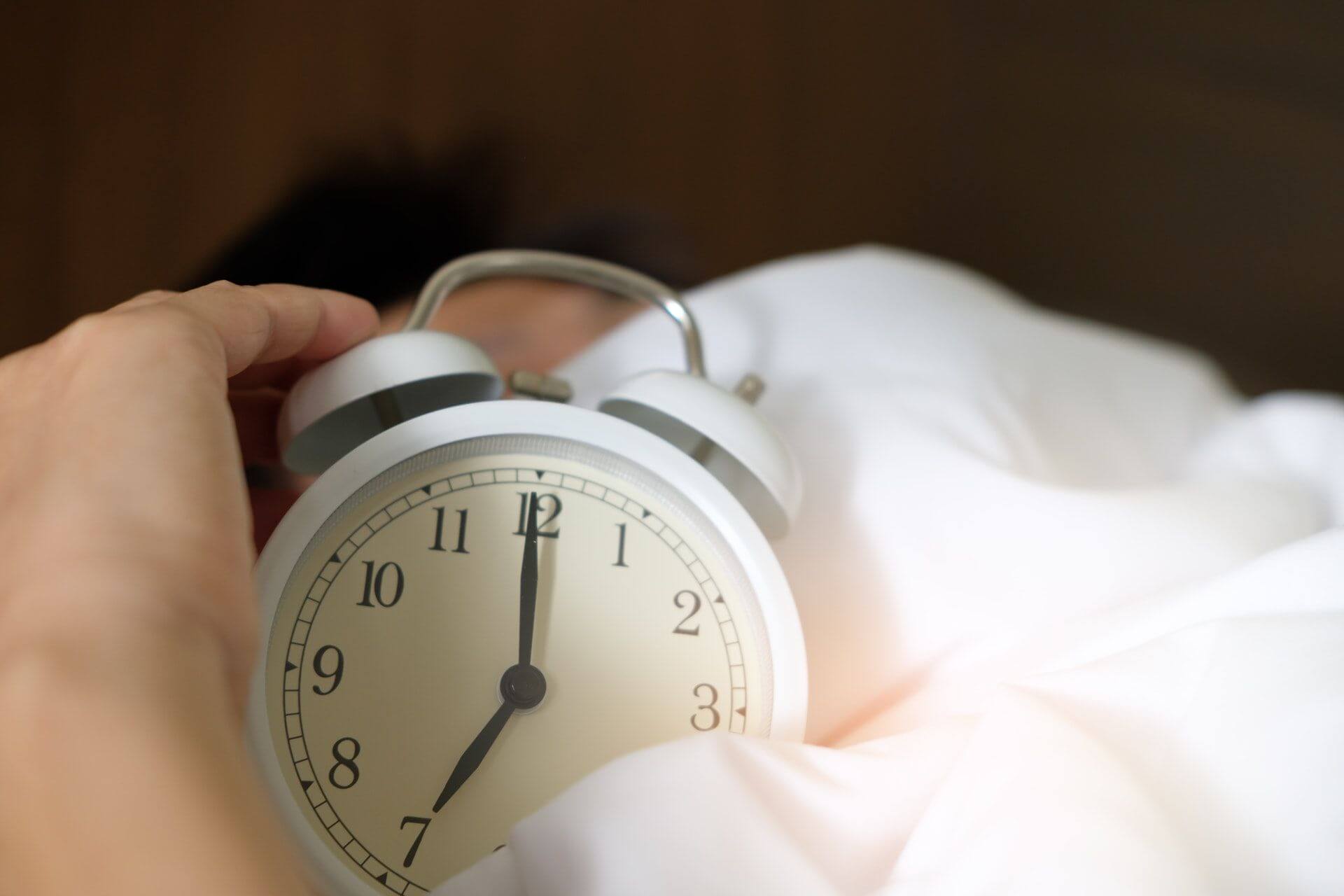
How to wake up the right way in the morning
If you're a morning person, many experts agree that you stand to benefit in your life: one study found that you're more suited to career success, while another said you're more likely to be happier, healthier, and slimmer.
If you regularly feel groggy and little bit negative when your alarm goes off, it's easy to dismiss this by saying you're just not a morning person. But, what if your attitude to waking up was a product of other habits in your life — many of which you could change?
There are a lot of factors that affect how you feel when you wake up: how much quality sleep you're getting, your diet, your exercise levels, and your daily routine, to name a few. Thankfully, many of these factors can be addressed to improve how you feel about mornings.
To help you become more of an early riser, we've put together some essential tips for getting up on the right side of bed in the morning.
Train yourself to wake up naturally
The most natural way to wake up in the morning is without the jarring call of an alarm. And, although it might seem a little risky to rely on your body clock instead, with a little self-training, you can easily create a sleep pattern that will have you waking up instinctively at the right time. You can do this by creating a consistent pattern for your circadian rhythm — the process your body uses to make you feel tired or alert depending on the time of day.
Firstly, find out how much sleep you need — The Sleep Charity recommends 7–9 hours for the average adult — then choose the time you have to get up and count backwards. Once you have your ideal bedtime, begin working towards it by going to sleep 15 minutes later or sooner each week. By transitioning slowly, your circadian rhythm will begin to adjust and, before you know it, you'll be feeling tired at the right time each night.
You can back up your new natural sleep cycle by making your bedtime more of a ritual, which will communicate to your body that you're preparing for rest. Taking a bath, stretching, and reading before bed are all good activities for this. If you're still feeling a little groggy at the beginning, try opening your curtains and sitting for a few minutes in the sunlight to get your body clock right. Until you've gotten into the swing of things, you may still want to set a back-up alarm, just in case.
Stop hitting that snooze button

When it feels like you haven't had enough slumber, the temptation to hit that snooze button can be overwhelming. However, doing so can leave you feeling groggy and miserable according to this article by the Huffington Post. This is because your body needs time to fully wake up and, by going back to sleep, it ends up going straight into deep sleep, so you feel even more tired when the alarm goes off for a second time.
Instead, you should get into the habit of resisting the urge to snooze your alarm and get up at the same time each morning. If you still have trouble, try positioning your phone or alarm clock across the room so you're forced to get up and active to switch it off, which should help you shake off some of the cobwebs from your sleep.
Get more exercise at the right times
One of the best ways to improve your quality of rest is to get regular exercise. The more physical activity you put yourself through, the easier you'll find it to nod off and the deeper your sleep will be, according to The Sleep Doctor. However, by scheduling your exercise for the start or end of the day, you can really maximise how you feel when you wake up.
By working out in the evening before you go to bed, you will tire yourself out and really feel the benefit of a great night's sleep when you wake up in the morning. On the other hand, getting your exercise in the morning can help your body wake up, especially if you get some sunlight and fresh air. If you stick to exercising at these times, it will also reinforce your routine and help your circadian rhythm adjust.
You could arrange your schedule so you can get the best of both worlds, exercising in the morning and the evening. For instance, you could go for a more intensive run or gym session when you wake up, then round the day off with some stretches or yoga later on. As long as you're getting enough exercise, your body will feel nicely refreshed in the morning.
Ensure you're sleeping in comfort
One of the worst feelings to wake up to is the ache of having slept the wrong way. Whether you're suffering from a dead arm, a sore back, or a stiff neck, it can put a real downer on your morning routine. However, if you regularly find yourself waking up with aches and pains, there are ways to remedy the problem, starting with upgrading your bedding and mattress.
The primary reason behind night time aches is a poor quality or old mattress that isn't able to give your body the support it needs. It's recommend that you change your mattress every seven years so, if yours is past its use-by date, you should consider upgrading.
We recommend switching to a memory foam mattress, as they're among the best at providing the right level of support for your joints and pressure points. You may also wish to invest in a memory foam pillow, especially if you regularly suffer from a sore neck. If you need more information about finding the ideal mattress, be sure to read our buying guide to get on the right track.
Becoming a morning person is achievable for anyone if you're willing to take the right steps. Follow our advice and you can start to wake up feeling refreshed, positive, and ready for the day.
Do you have any questions about sleep or need advice on upgrading your bedroom? You can get in touch with our team and they'll be happy to help. Check our blog and advice centre to get even more great sleep advice and tips.








Leave a Reply